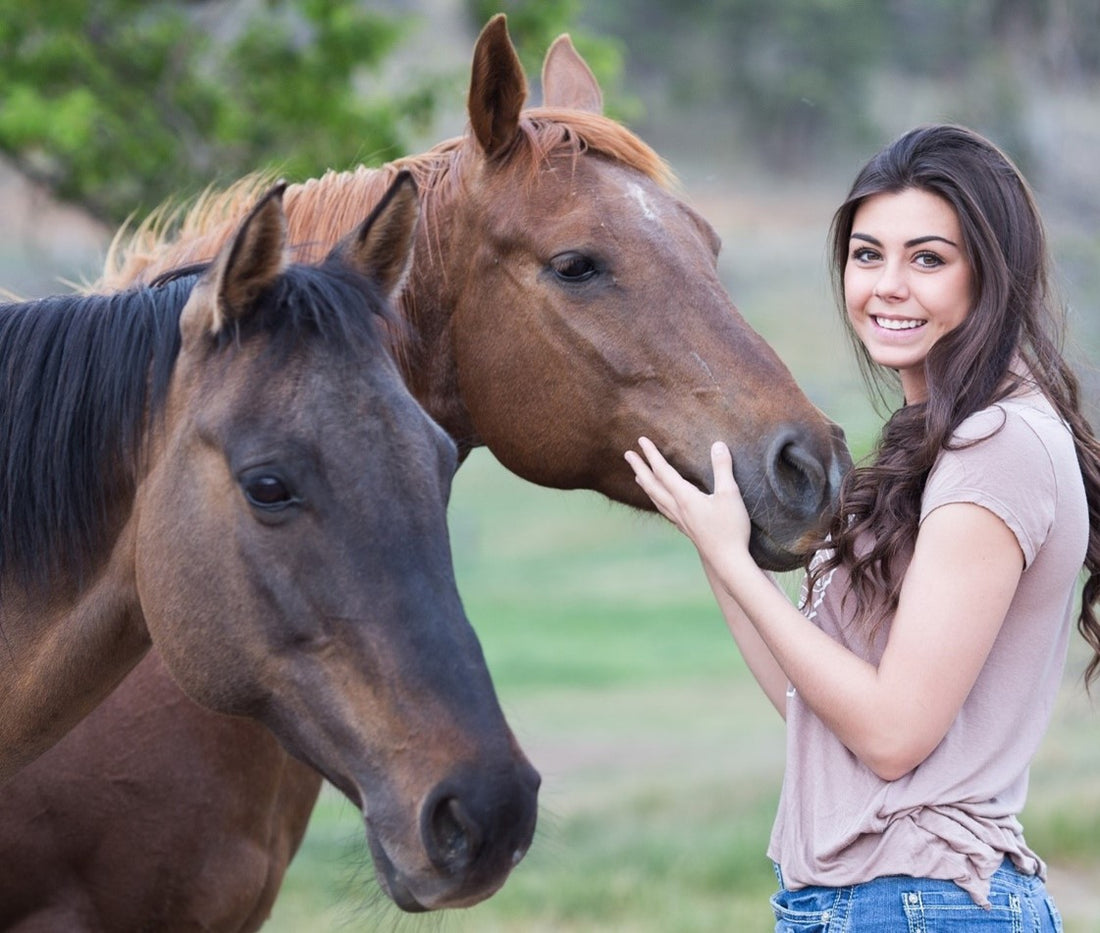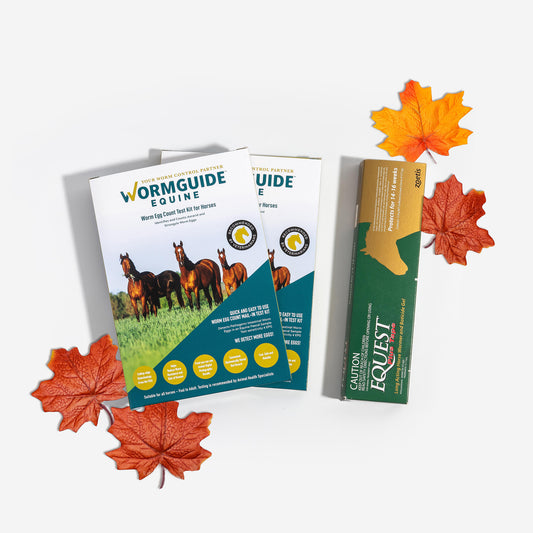Science of faecal egg count high- tech: Why successful horse owners do it with non-chemical worm control?
Chances are you are familiar with your horse`s poo, the number of deposits delivered in the paddock or in the stable every night. You feed your horses well, provide clean water, hoof care, teeth care, faecal worm egg counts and plenty of deserved attention. All best management practices for happy healthy horses.
But have you considered their poop on pasture and the importance of managing it for their overall health and wellbeing?
Let`s talk poo: horse poo. There`s a lot of it! Most horses in good health pass around 4-6 manure piles every 12 hours. That`s a lot of manure piles in a whole day!
Worm eggs are introduced into a pasture when a horse passes manure – contaminating their pasture. It can be a minefield filled with worm larvae (baby worms) and eggs waiting in the grass for your horse to accidently gulp them down with each bite. Internal worms need to enter your horse to continue their lifecycle. This is called transmission – big event for the worms!
Considering these facts are important as a horse owner. Well- executed faecal egg counts guide your horse deworming treatment plan for each horse, check that you don`t have deworming failures , and tell you how your non-chemical worm control is going. If all horses have consistent higher eggs counts it may be due to an increased worm load on pasture- pasture infectivity.
The main objective of most worm control efforts is to prevent contamination of the pasture with worm eggs. Giving your horses the sustainable worm control they deserve brings benefits.
So what are the benefits of non-chemical methods
- Horses experience less worm infection
- Less reliance on horse dewormer treatments
- Slow or delay the process of dewormer resistance
Methods of breaking the life cycle or reducing pasture contamination
Here, we share with the help of The Australian Society for Parasitology and Dr Charlie 5 best practice non-chemical methods as part of worm control.
Manure Happens
By removing the manure from pasture, you block the worms from entering your horse. Much better, right?
Dr Charlie is a big believer in removing manure to minimise exposure to worms in the first place.
Pick up manure about twice a week – within the larval development time- the process of egg hatching and progression through the stages of development.
When does this happen?
The optimum temperature for strongyle worm hatching and larvae is in the range 25-33°C at which all developing larvae reach an infective stage within 3-4 days.
Horse worms love moisture, it aids in larval development and increases infectivity. So, before rain it`s a good idea to ‘muck out’ your paddocks. Rain also spreads the eggs.
And it`s good to compost manure properly to kill worm eggs and infective larvae. Kill eggs in collected manure with heat generated by composting. Learn how to compost properly.
Thwart transmission
Reduce grazing density (fewer horses = fewer worms = fewer eggs) And generally horses don`t like to eat grass next to manure.
It`s nature`s way to protect them from their worms.
Rotation Reduces

Rotate grazing with sheep and cattle. They will ingest horse worms that die in their gut. Although grazing cattle and sheep with horses at the same time reduces worm transmission, rotating paddocks after horses have finished grazing is generally more effective.
Rotate horses from one paddock to another so that they never graze the grass close to the ground. Horses grazing on well-grown pasture take in fewer larvae than those grazing near soil level. Worm wriggling occurs in short grass!
Maintain some pasture with low infectivity, by leaving ungrazed in hot, dry weather- worm larvae find it hard to survive in extreme temperatures over 33°C.
Harrowing Help
Harrow pastures to break up manure balls and expose worms during hot, dry weather - excessive heat kills eggs and larvae.
And there you have it! Five ways for environmental worm control - best practice non-chemical methods help reduce worm infection and reliance on horse worming chemicals. It`s another way to slow down resistance and keep our deworming products functioning as long as possible.
WormGuide: Let`s get it dung!
Spur into action with your non-chemical worm control and use WormGuide`s Super Surveillance faecal egg count test to find out how it`s going because poo management = a better future for your horse.

And exclusive to WormGuiders, your free What do my Results Mean? Guide with faecal egg count test results and a complementary vet support if you need help with your non-chemical methods.
Feel like learning more?
The Australian Society of Parasitology e- book is called Australasian Animal Parasites - Inside and Out.
It provides information about parasites in dogs, cats, sheep, goats, cattle, horses, pigs domestic poultry, and even humans. Interested? Click here to read their eBook.
Kick start your horse`s new year with a faecal egg count right here!

PS - Don't forget to sign up here to our newsletter to get the latest worm control news and healthy horse inspiration.










